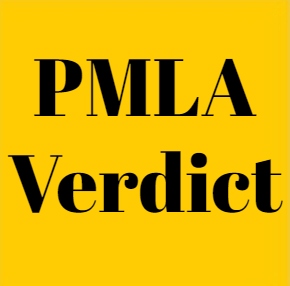

By Our Editorial Team
First publised on 2022-07-29 08:38:50
The Supreme
Court verdict on the PMLA can be seen as a licence to the executive to bypass
rule of law and due process to do whatever it pleases by using the Enforcement Directorate (ED) to move against citizens suspected of indulging in money laundering. By
upholding the constitutional validity of all the stringent provisions of PMLA
(in contrast to the 2017 verdict which had found the restrictive bail
conditions in PMLA to be unconstitutional), the court has put the stamp of
approval on a law that is full of arbitrary powers granted to officials of
investigating agencies and which presumes guilt over innocence, even before it
is proved, and puts the onus on the charged party to prove his or her
innocence.
The reason
the court gave to find the provisions of the PMLA constitutionally valid - that
money laundering is no less heinous than terrorism as it can cause havoc in the
economy and can lead to other, more serious crimes like terror funding through
the proceeds of crime - although valid cannot be the so overpowering as to ignore
rule of law and due process and leave the citizen at the mercy of the
government. The courts have the right and the duty to protect the rights of the
individual by putting reasonable restrictions on the sweeping powers given to
prosecutors under the PMLA and other such draconian laws.
But the
present verdict allows ED to arrest citizens
without supplying them with the ECIR and by just stating the reason of arrest, makes the bail condition so restrictive that the accused must prove his
innocence to get bail and allows the statements made before ED officials to be
used as evidence in a court of law. This means that a person arrested by the
agency under PMLA has no recourse and must wait for the ED to fail to prove his
or her guilt before he or she can hope to be free. This goes against all principles
of law.











